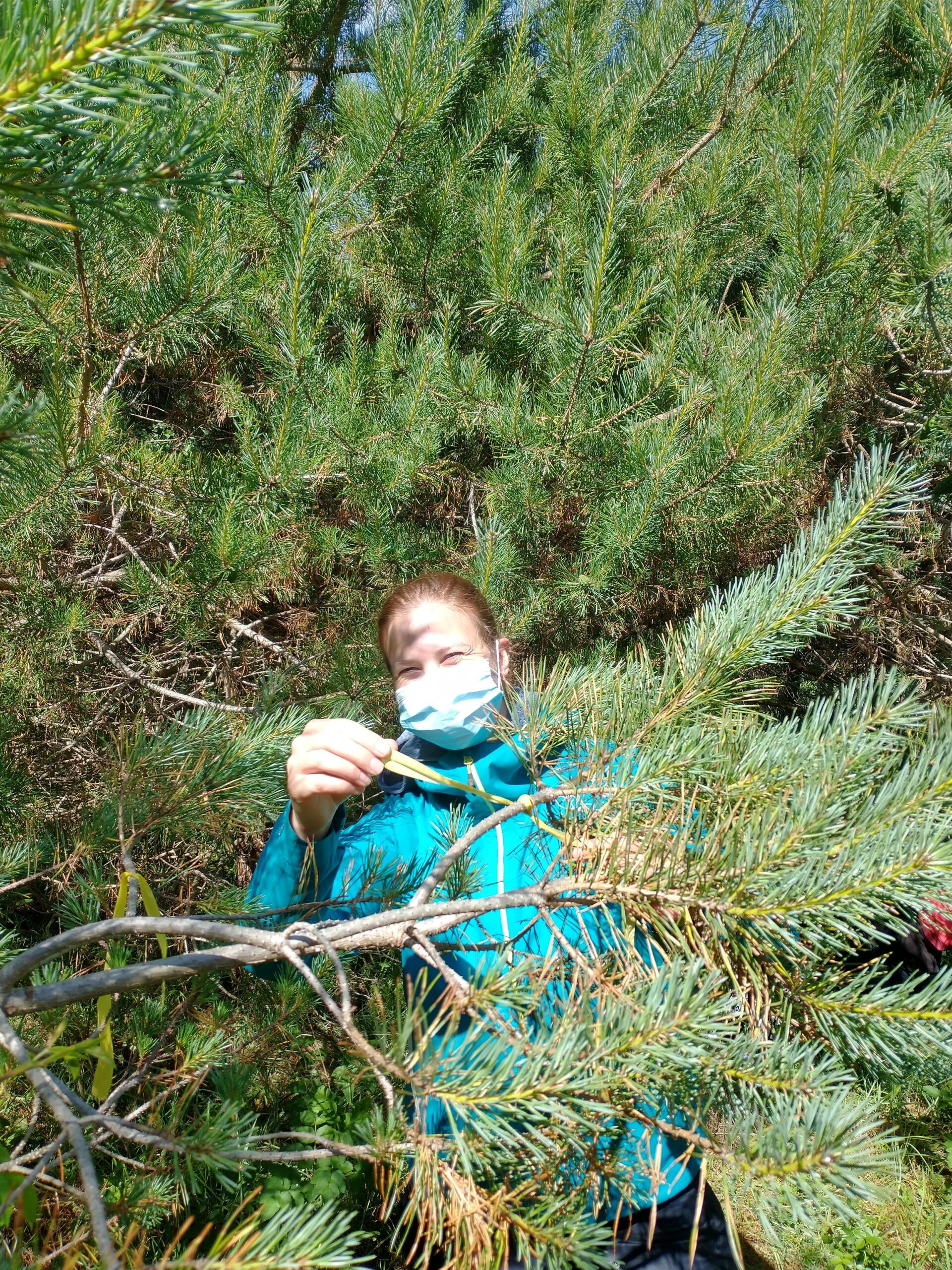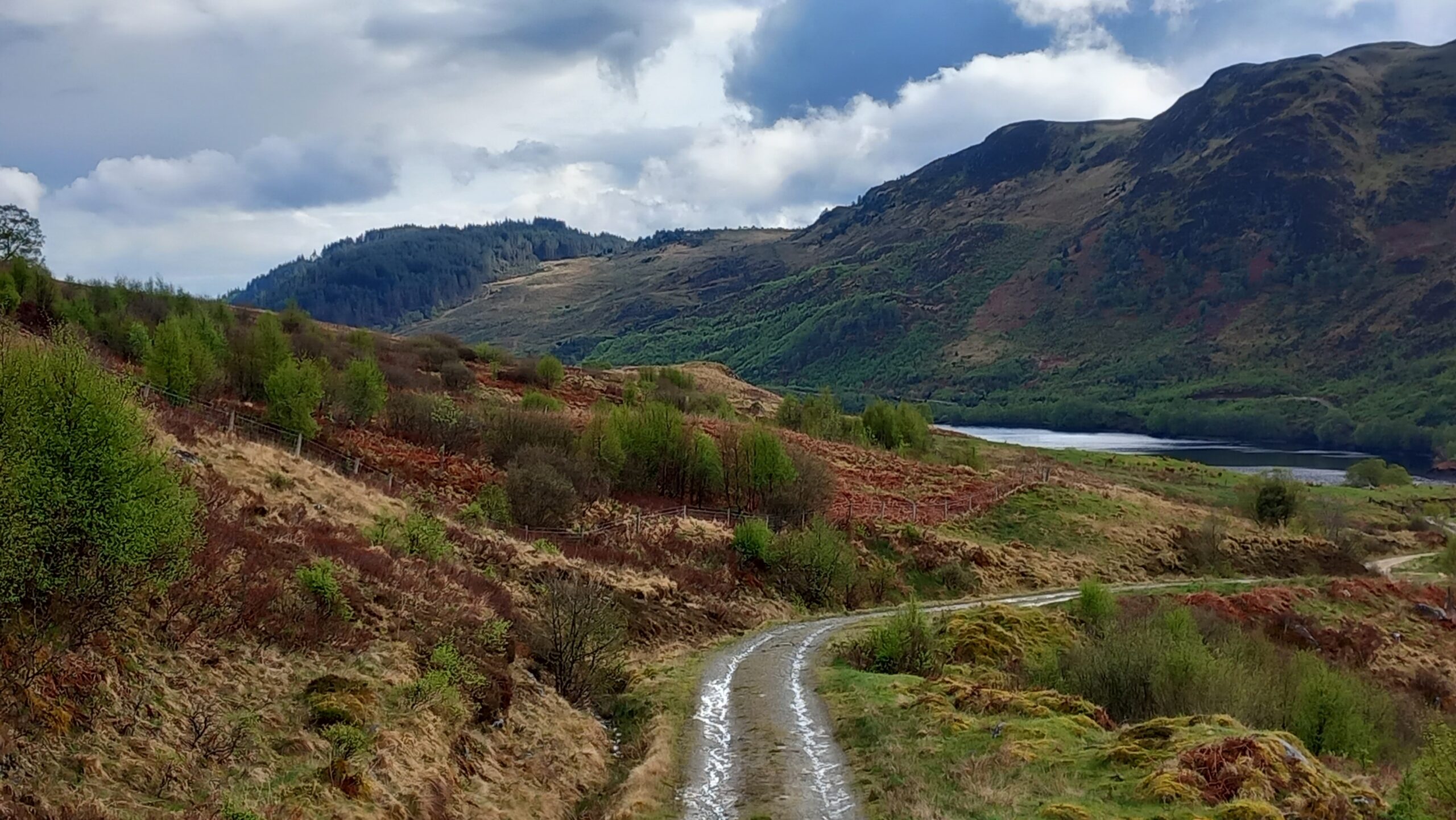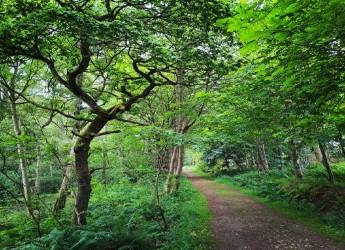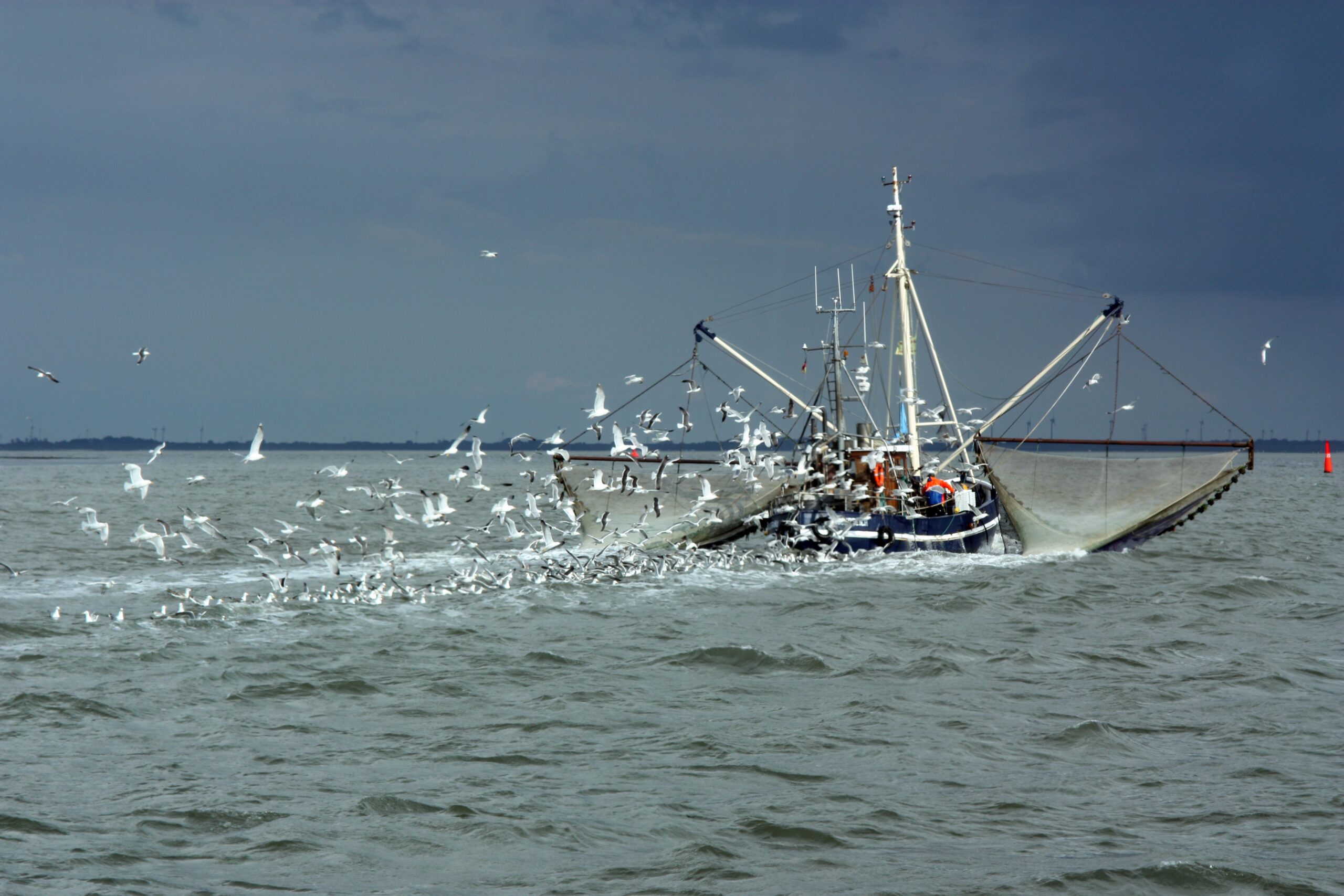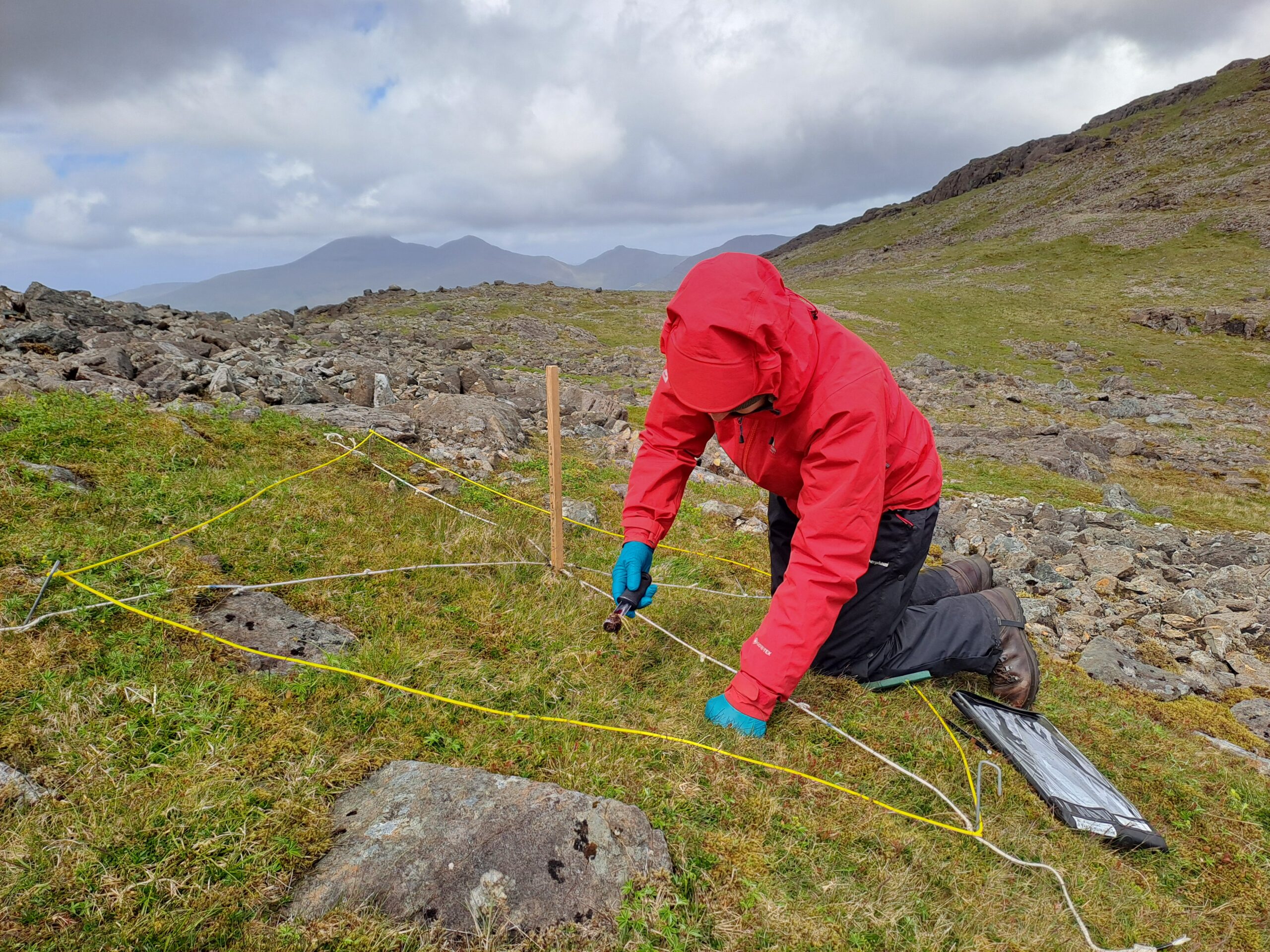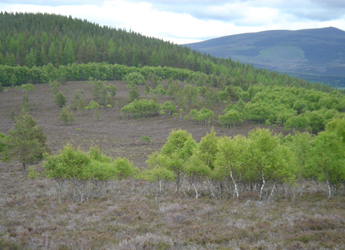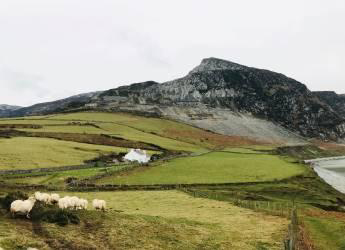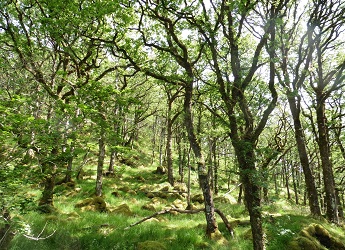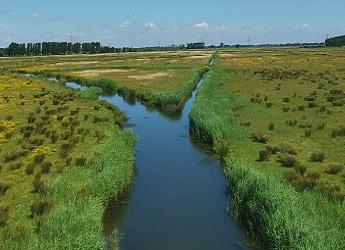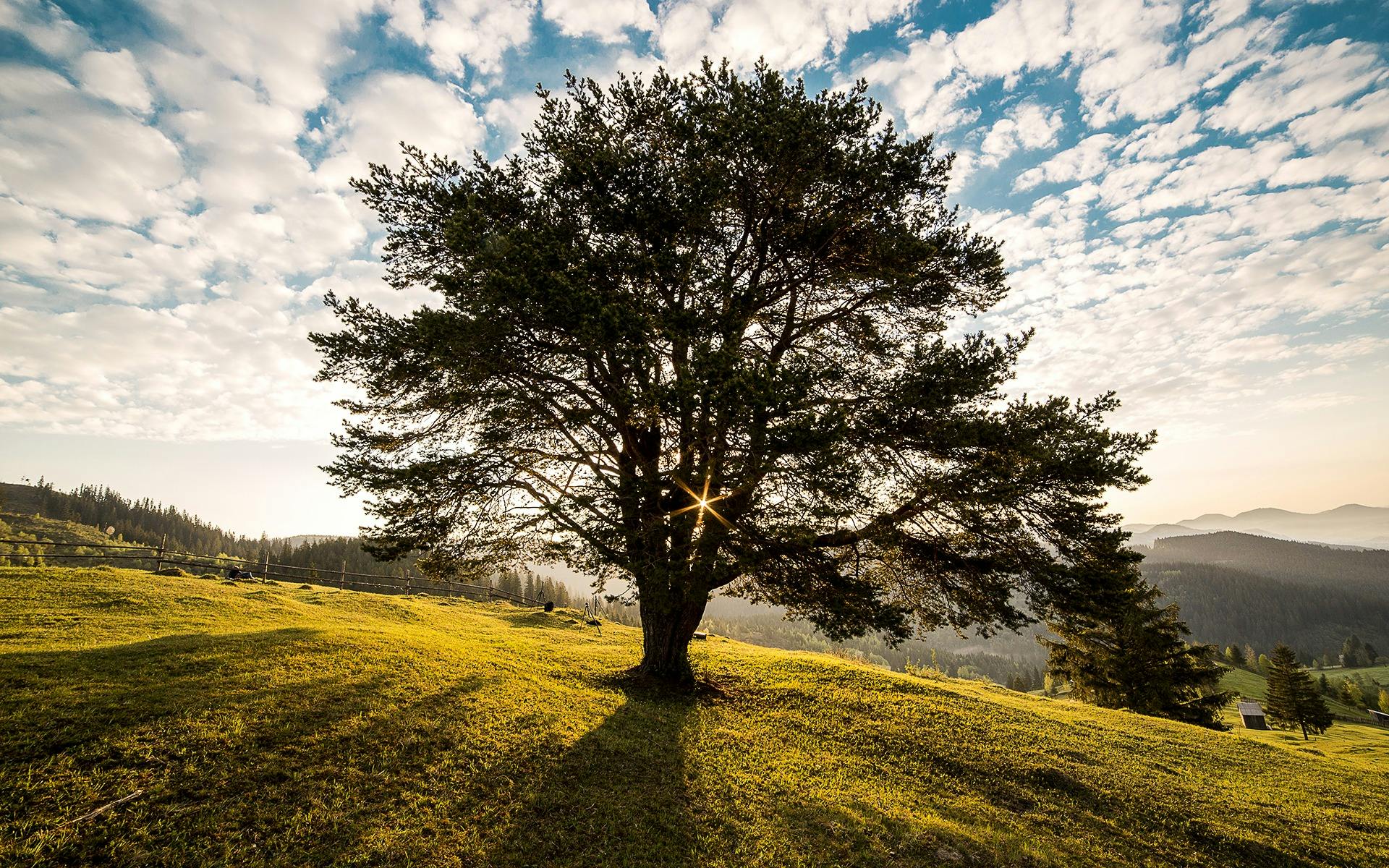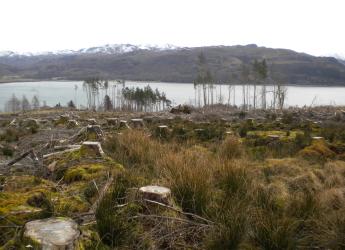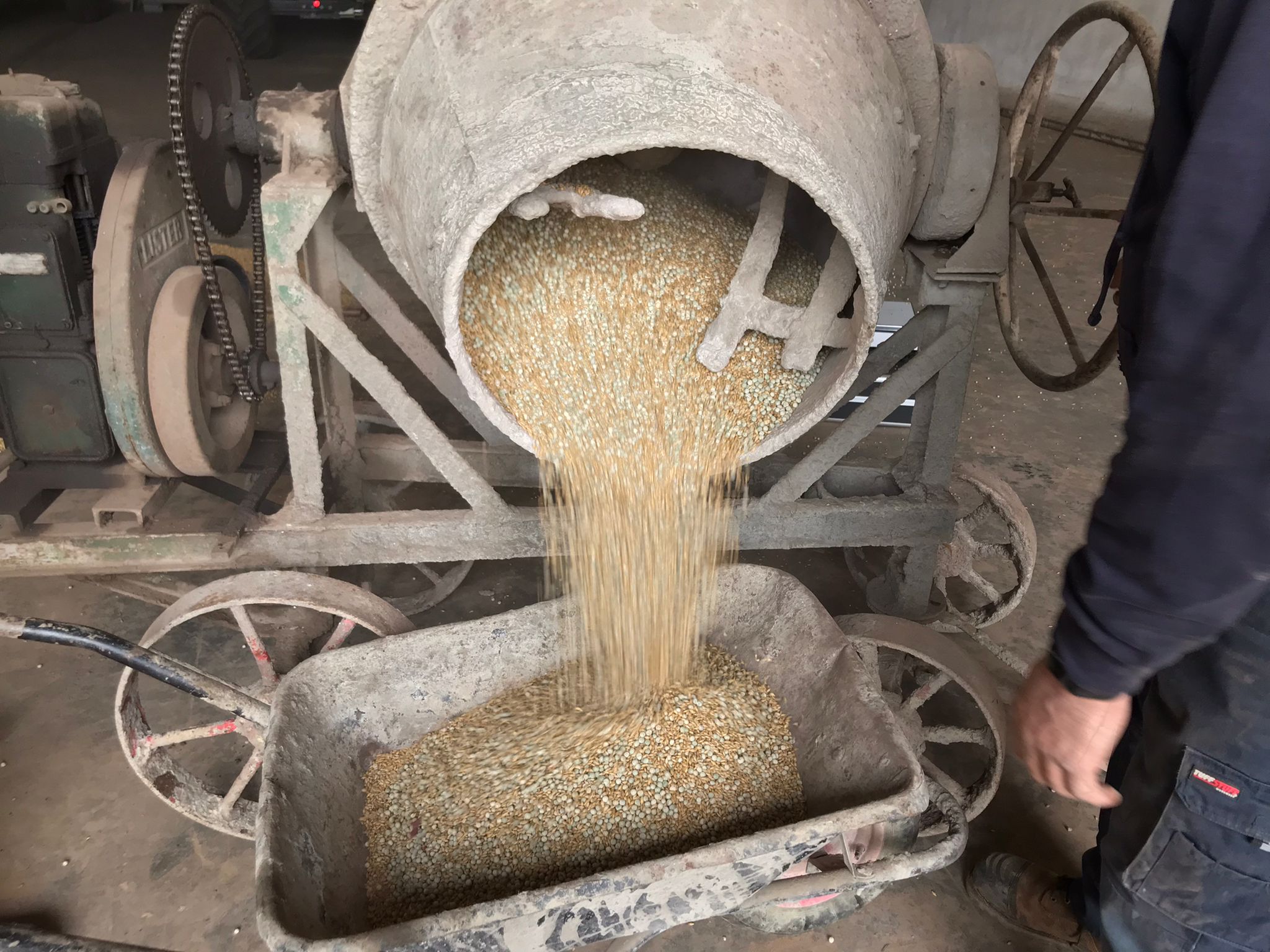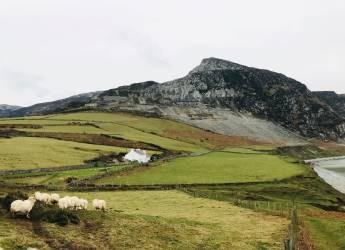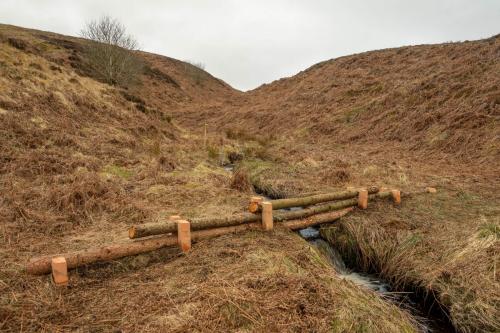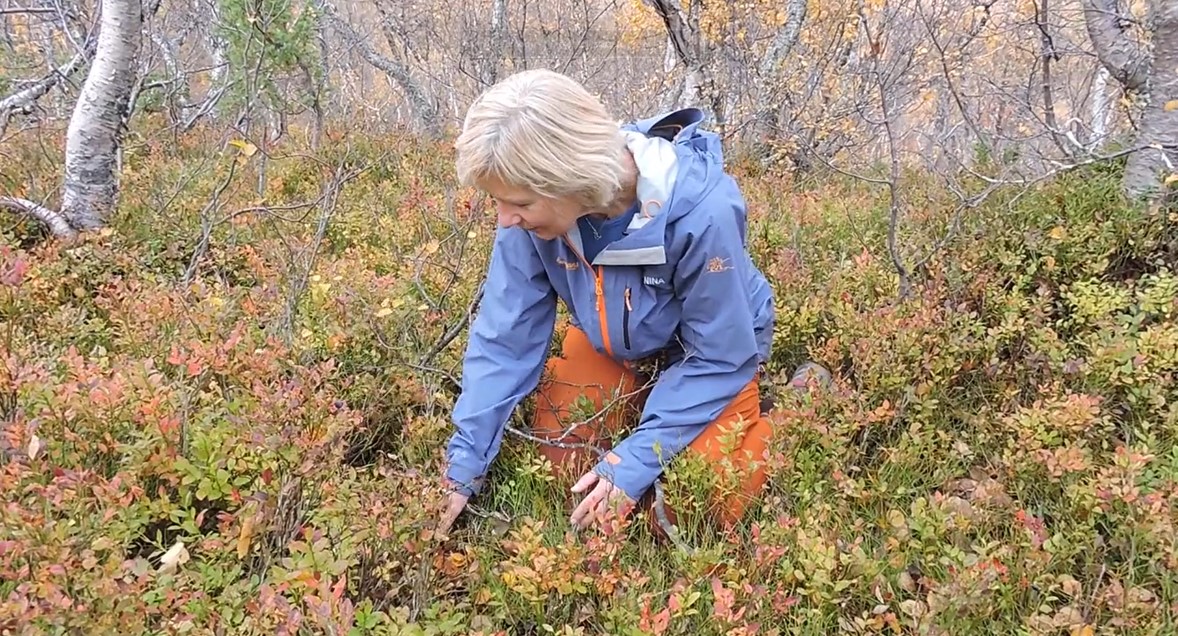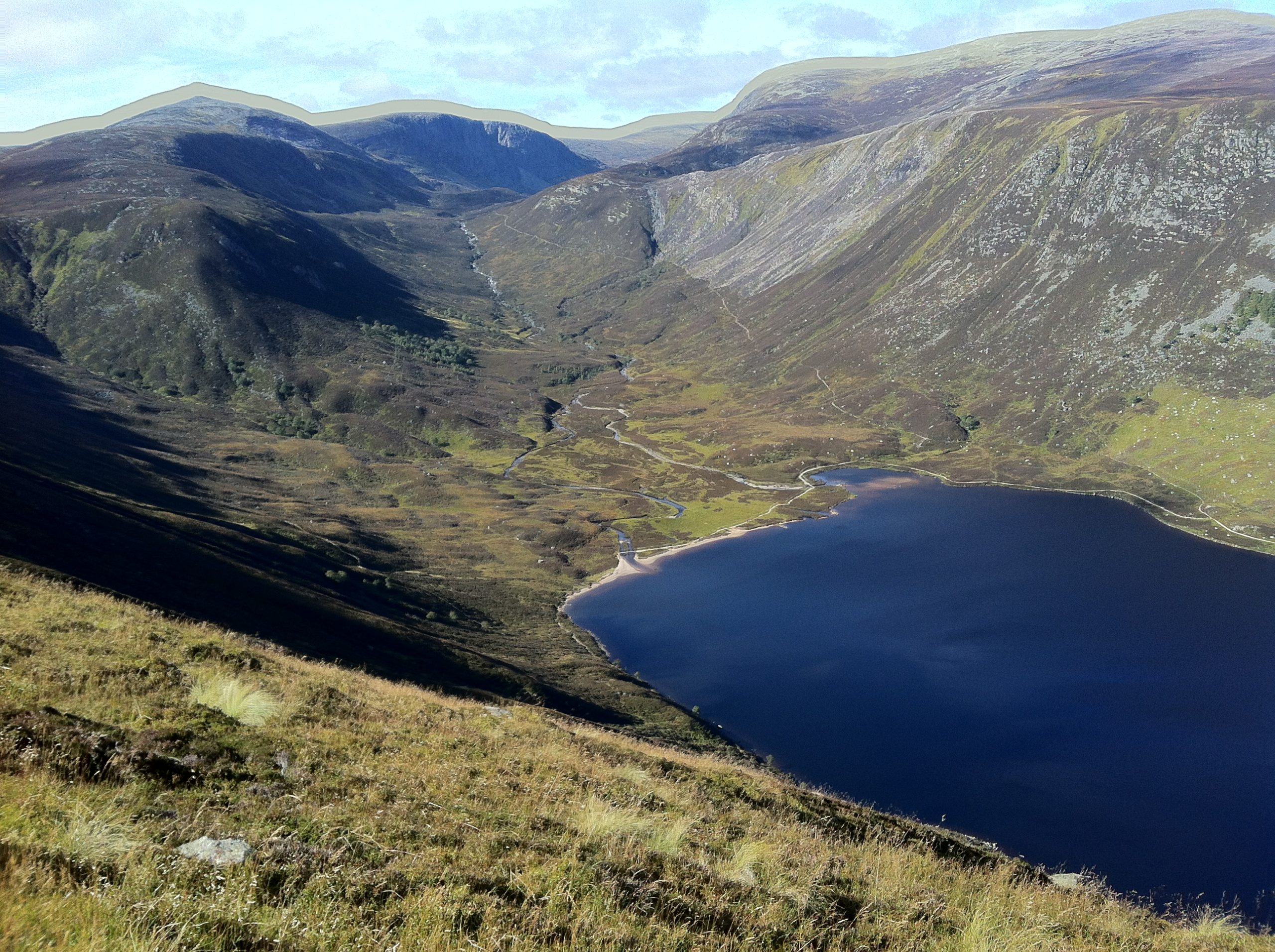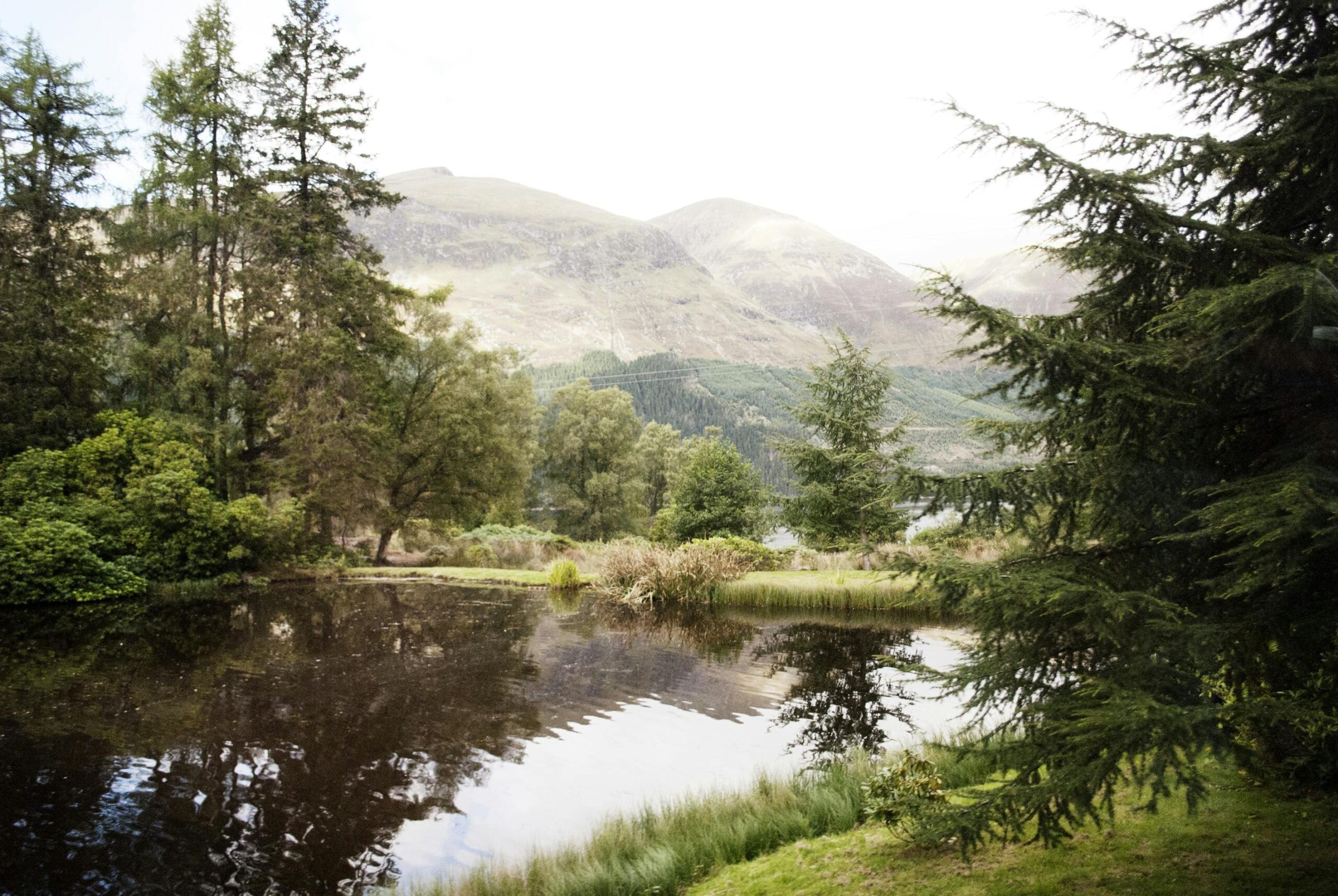Research projects
The James Hutton Institute’s research projects drive agricultural innovation, environmental sustainability, and biodiversity conservation, shaping solutions for a changing world.
Our interdisciplinary research spans crop resilience, soil health, land use studies, and climate change adaptation, ensuring a sustainable future for both rural and urban landscapes.
Through collaborative studies and data-driven research, we explore ecosystem services, sustainable agriculture, and natural capital enhancement, delivering impactful findings that inform policy and support community engagement. Discover how our scientific investigations contribute to global sustainability goals and advance resource management for generations to come.
Find out more about The James Hutton Institute’s pioneering research below:
-
PineBiome
PineBiome is a collaborative project that aims to quantify how host genotype and microbiome composition combine to influence susceptibility to Dothistroma needle blight disease in pine trees.
-
Glen Finglas grazing
The character of the Scottish upland landscape is shaped by domestic livestock grazing. The James Hutton Institute and collaborators have been conducting a grazing experiment at the Woodland Trust’s Glen Finglas estate, in the southern Highlands, since 2002.
-
CODECS
CODECS aims to support farmers and growers across Europe to improve their understanding of the social, economic and environmental benefits and costs of digital tools.
-
COEVOLVERS
COEVOLVERS is a four-year EU funded project, exploring how to more actively involve communities in nature-based activities across Europe.
-
LOWINFOOD – Multi Actor Design of Low-Waste Food Value Supply Chains
The James Hutton Institute is taking part in LOWINFOOD, an EU-funded multi-actor project aimed to design low-waste food value chains through the demonstration of innovative solutions to reduce food loss and waste.
-
Nitrogen Impacts in Natural Ecosystems (NINE)
NINE aims to develop our understanding of the impacts of nitrogen deposition on natural ecosystems in Scotland in the context of changing climate and land-use pressures.
-
MOORCO – Moorland colonisation
MOORCO stands for moorland colonisation and is an umbrella project encompassing four different experimental platforms that study the impact of woodland expansion onto heather dominated moorland.
-
Tree of Knowledge
The Tree of Knowledge (ToK) is a collaborative project bringing together three UKRI Future of UK Treescapes projects: MEMBRA, newLEAF, and DiversiTree. Our goal is to communicate the complexity of forest resilience, exchanging knowledge and synthesizing the findings from these projects.
-
MERLIN
MERLIN stands for Mainstreaming Ecological Restoration of freshwater-related ecosystems in a Landscape context: INnovation, upscaling and transformation. MERLIN is a European Horizon 2020 project (2021-2025).
-
DiversiTree
DiversiTree aims to increase the resilience of current and future woodlands to climate change and tree diseases by understanding the methods to, and the impacts of, diversifying tree species composition within our woods.
-
Galvanising Change via Natural Capital
Across many sectors, decision-making and planning processes have typically not prioritised or consider nature as important. As a result, nature continues to be degraded. One response to this challenge is the concept of ‘Natural Capital’ – the stocks and flows of services arising from nature.
-
MOVING – MOuntain Valorisation through INterconnectedness and Green growth
The overall objective of MOVING is to build capacities and co-develop for the establishment of new or upgraded/upscaled value chains that contribute to resilience and sustainability of mountain areas.
-
Bringing in participatory approaches to widen the scope of natural capital valuation
Natural capital valuation can offer a basis for decision-making and monitoring the effects of policies, land and resource management decisions.
-
SEAMS – Sustainability in Education and Agriculture using Mixtures
To develop, promote and implement crop species mixtures as a sustainable crop production system for Scotland and as a resource for knowledge exchange on food production, agricultural ecology, and environmental sustainability to a wider audience including school groups.
-
Climate Change Impacts on Natural Capital
Climate change poses a substantial threat to Scotland’s air, water, soils, geology and all living things – our natural capital. There is therefore an urgent need to research the impacts of climate change on Scotland’s assets.
-
Achieving multi-purpose nature-based solutions
In the context of the climate and biodiversity emergencies, there is a need not only to mitigate against these changes, but also adapt to current and future water-related environmental pressures.
-
RestorYation Cairngorms: Enabling inclusivity in biodiversity narratives
Research increasingly asserts that biodiversity enhancement and conservation will be more inclusive and effective if we pay serious and analytical attention to narratives.
-
Emerging water futures
This project which started in April 2022 and runs until March 2027 aims to support development of a proactive approach to water management under future environmental change.
-
Stories of nature connections
The stories presented here reflect the experiences of people involved in the Creating Natural Connections project, such as volunteers, participants in nature walks, project staff and trainees.
Stay connected with our science
You can stay connected with our science by following us on social media, our profiles are your gateway to the latest scientific breakthroughs, insights from our experts, and a closer look at how we’re addressing the world’s most pressing environmental and sustainability challenges. By following us, you’ll get real-time updates on our projects, events, and collaborations. Follow us on X, LinkedIn and Facebook now.
